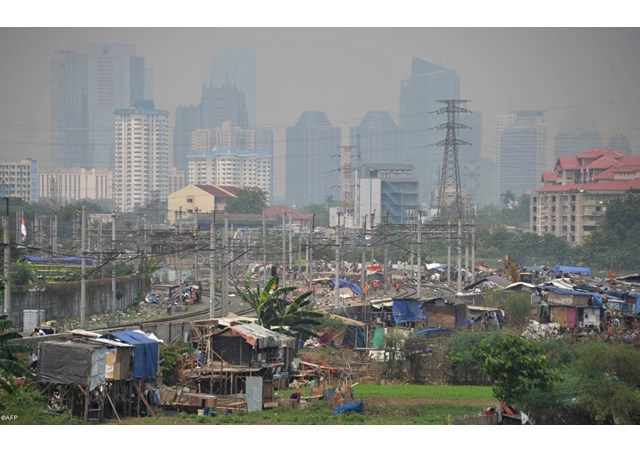
Holy See urges people-centred development in fighting evils of urbanization

(Vatican) While increasing urbanization brings us physically and economically closer together in cities, it often simultaneously accelerates social, cultural, religious and economic isolation, segregation and generates other evils. What is needed is a renewed commitment to promote people-centered integral development and eliminate the fear of the other. Archbishop Bernardito Auza, the Holy See’s Permanent Observer to the United Nations in New York, made the suggestion on Friday at a conference on “People-Centered Urbanization: Managing Ethnic Diversity in Today’s Cities” at the UN’s Economic and Social Council (ECOSOC). The event was organized to mark the UN’s first “World Cities Day”, Oct. 31. Archbishop Auza noted that while cities offer tremendous opportunities, the context of big cities also breeds various forms of corruption and criminal activities, like human trafficking, the drug trade and drug abuse, the exploitation of the weak. To counteract these evils, people-centered integral development is needed, not only to address necessary economic and political development, but also to promote authentic human development through promoting cultural, spiritual, social and physical development. Noting that migration-driven mega-cities give birth to vast slums, which are areas of lawlessness, greater marginalization and socio-economic inequality, the Holy See representative said cooperation and solidarity are needed to integrate people from various backgrounds. One must move away from the fear of the other, of the new people in the block, towards attitudes based on a culture of encounter, he said.
| All the contents on this site are copyrighted ©. |


